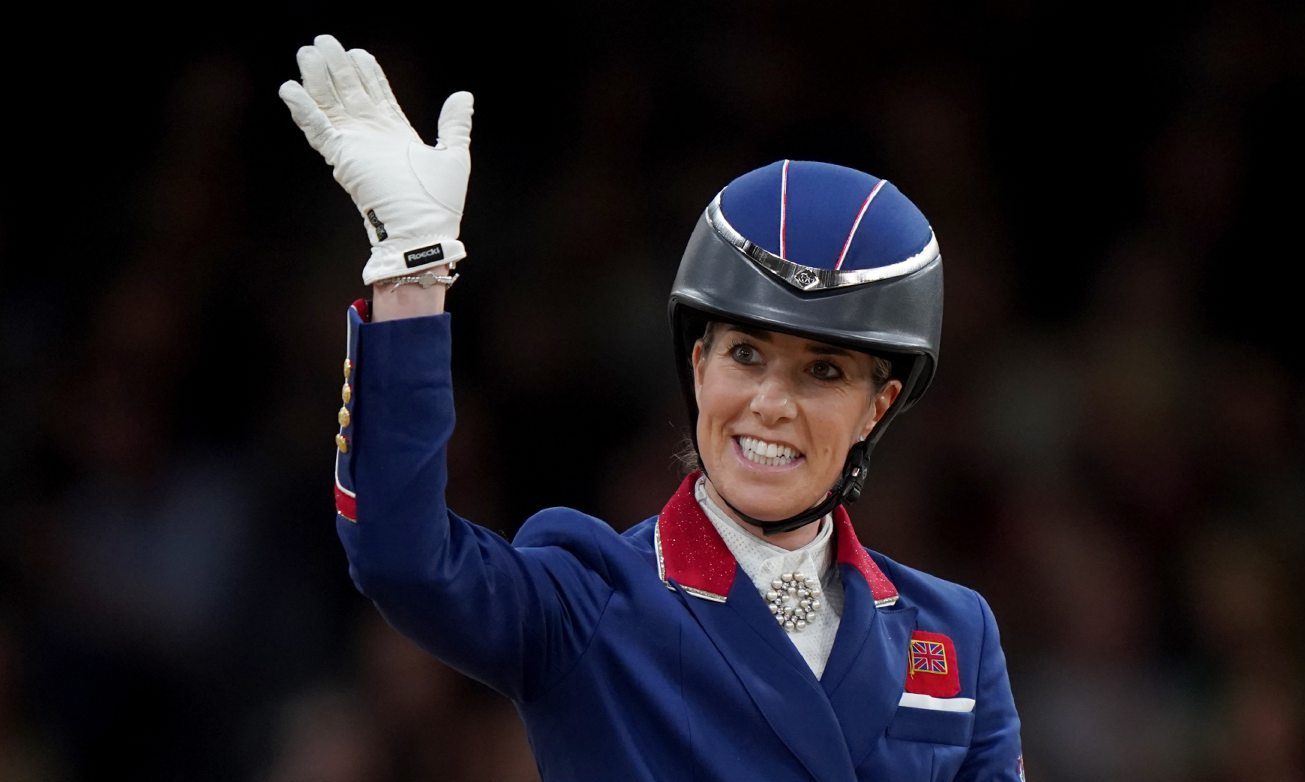This week I am going to devote this entire column to one word. It isn’t a word I like. Indeed it is a word that grates upon me every time I hear it.
The word is yous.
It is an ugly, needless word, but one I seem to hear more and more often these days. It is spreading like a new strain of Covid.
I’ve always disliked it and never use it. I think it sounds comical: “shut up yous” is surely an instruction to clamorous female sheep?
You is a subjective personal pronoun, and functions as a singular and a plural. You can tell one person “you should listen to me”, you can tell a thousand people “you should listen to me”.
There is no need to attach a final S when addressing more than one person. No one would say theys instead of they, or wes instead of we. The contractions you’d and you’ll would sound very strange as yous’d and yous’ll.
And if you accept yous as a word, you must also accept youse, youz, yiz, yuz, y’all, and even u’s. Because if one wrong usage is acceptable then all must be.
Now someone, I’m sure, will be aching to tell me that yous can be found in dictionaries. That is true.
But as we have discussed previously, dictionaries are not to be trusted. Dictionaries seem to think their job is to reflect any nonsense that people are saying. I remain convinced that a dictionary’s primary directive should be to provide leadership and list good examples of proper English usage.
Any fool can write any claptrap in a dictionary, and many do.
There will be others who want to tell me that yous is an old Scots word. Is it? Yous is heard throughout the north of England and is more likely to have come from Ireland than have originated in Scotland. You will seek in vain for yous in the works of Robert Burns.
While it is awful when spoken it is truly risible when written. Anyone writing “yous” would be as well noting in the margin: “In case you hadn’t noticed, I’m a dullard who can barely use the English language”.
Let me end with three questions. Is there anything gained? Is more clarity achieved? Is there a good reason, or even a semi-literate reason, to say: “This is what yous do” when “this is what you do” will suffice?
The answer to all three questions can only be: no.
Yous is a waste of breath, a waste of ink, and if you use it you will be reduced in some people’s estimation.
Word of the week
Otiose (adjective)
Sterile. Serving no practical purpose or result. EG: “Instances of the otiose ‘yous’ are scattered through English like so many grains of dirt.”
Read the latest Oh my word! every Saturday in The Courier. Contact me at sfinan@dctmedia.co.uk





